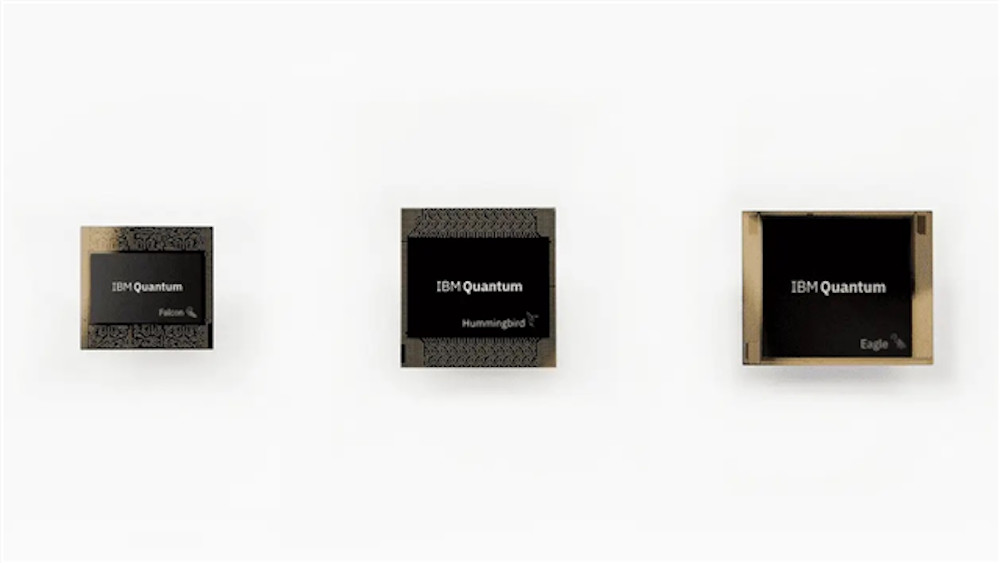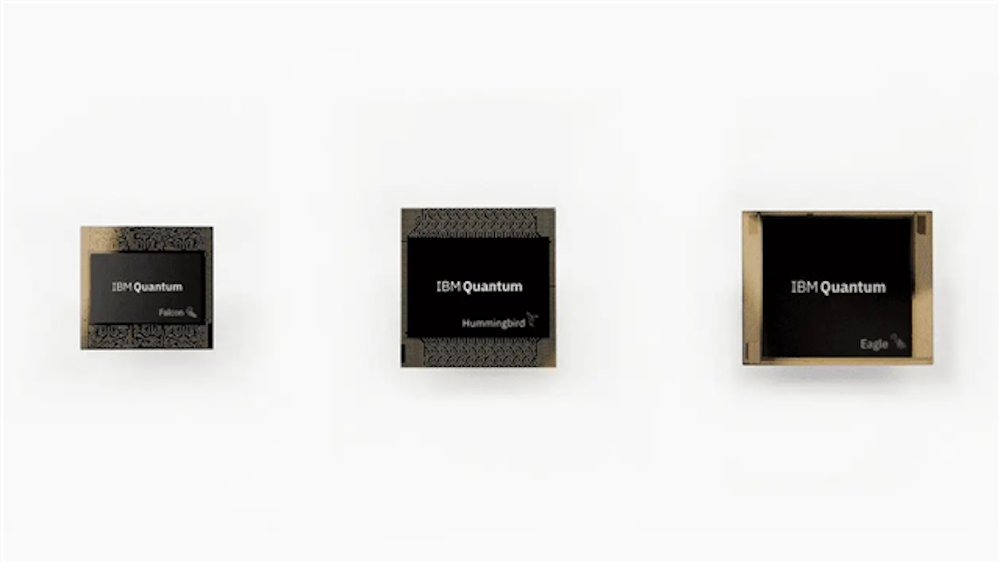
However, recent advances in techniques we refer to broadly as quantum error mitigation allow us to lay out a smoother path towards this goal. Along this path, advances in qubit coherence, gate fidelities, and speed immediately translate to measurable advantage in computation, akin to the steady progress historically observed with classical computers.
At IBM Quantum, we plan to continue developing our hardware and software with this path in mind. As we improve the scale, quality, and speed of our systems, we expect to see decreases in γ̄ and β resulting in improvements in quantum runtime for circuits of interest.
At the same time, together with our partners and the growing quantum community, we will continue expanding the list of problems that we can map to quantum circuits and develop better ways of comparing quantum circuit approaches to traditional classical methods to determine if a problem can demonstrate quantum advantage. We fully expect that this continuous path that we have outlined will bring us practical quantum computing.
More to read: https://research.ibm.com/blog/gammabar-for-quantum-advantage
At IBM Quantum, we plan to continue developing our hardware and software with this path in mind. As we improve the scale, quality, and speed of our systems, we expect to see decreases in γ̄ and β resulting in improvements in quantum runtime for circuits of interest.
At the same time, together with our partners and the growing quantum community, we will continue expanding the list of problems that we can map to quantum circuits and develop better ways of comparing quantum circuit approaches to traditional classical methods to determine if a problem can demonstrate quantum advantage. We fully expect that this continuous path that we have outlined will bring us practical quantum computing.
More to read: https://research.ibm.com/blog/gammabar-for-quantum-advantage




 IonQ Achieves Industry Leading Performance on Next Generation Barium Qubits
IonQ Achieves Industry Leading Performance on Next Generation Barium Qubits